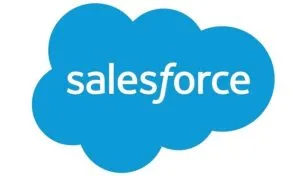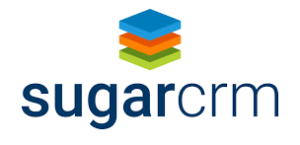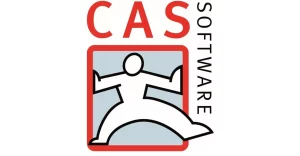Celonis the most valuable German start-up company
At the beginning of June, the time had come. Celonis’ financing round was complete and approximately 10% of the company was valued at $1 billion. This $1 billion cash injection translates into a total valuation of over $10 billion for the Munich- and New York-based company. And that’s why the venture capitalist experts speak of a decacorn (deca = 10). A unicorn is a company with a valuation of at least $1 billion, Celonis has reached 10 times. And this makes Celonis the most valuable German start-up company.
Only recently we reported on the unicorns. The most valuable German unicorns are Otto Boock Healthcare and N26. Both come in the most recently published valuation to about 3.5 billion dollars.
What does Celonis do?
If you want to listen to the latest Handelsblatt podcast with Celonis CEO Nominacher, click this link.
It’s basically about process mining. Here is a short video of Celonis.
What exactly is Process Mining?
The term mining was transferred from the USA many years ago in relation to data mining. Mining is the search for unknown treasures in the data. Process mining uses the analysis of process data to search for estimates (here positive and negative abnormalities) within the processes of a company.
Now this analysis “per se” is not rocket science, because you can, for example, analyze your order data and all the data that arises around the processing of orders yourself. This requires a data mining tool. What else is needed? The collection of all raw data as well as the preparation of the data that is generated within this one process.
In essence, it is about uncovering weaknesses in the operational process.
What makes Celonis so special as the most valuable German start-up company?
With more and more data and more complex processes, companies are losing more and more of an overview. Celonis uses “machine learning methods” and has developed outputs that are intended to make decisions easier for different target groups (management, department heads and specialists) in the company.
And, from my point of view, these are also success criteria of Celonis:
- Companies were not willing to invest in the skills of their own employees.
- Celonis makes the type of analysis and preparation of the results so simple that the decision-makers enjoy it.
The company Celonis describes it itself as follows:
“Process mining is an analytical discipline for discovering, monitoring, and improving processes as they actually are (not as you think they might be), by extracting knowledge from event logs readily available in today’s information systems.
Process mining offers objective, fact-based insights, derived from actual data, that help you audit, analyze, and improve your existing business processes by answering both compliance-related and performance-related questions.
The technology is an essential part of the Celonis Execution Management System, enabling users to measure their execution capacity by fully understanding how their processes run before taking automated action to remove any execution gaps.” (As of 06.06.2021, source Celoni’s website)
So if you want to understand more about what Celonis is all about, you should watch the various videos in the YouTube playlist.
Who does Celonis currently work for?
The more than 2,000 corporate clients include Siemens, Bayer, Bosch, but also Coca Cola, UBS, Lufthansa and 3M. The three founders are known for always managing to explain their more than complex business in a simple way. There is always talk of “X-rays” of business processes in the figurative sense, of numerous variants that the software calculates in order to arrive at probabilities with the help of artificial intelligence. (Source: t3n, as of 06.06.2021)
Click here for the Celonis customer list.
Note: This is a machine translation. It is neither 100% complete nor 100% correct. We can therefore not guarantee the result.










 CAS Software AG ist Marktführer für Kundenbeziehungsmanagement (CRM) im deutschen Mittelstand. Ob Marketing, Vertrieb oder Service – Anwender profitieren von effizienten Prozessen auf einer einheitlichen Datenbasis.
CAS Software AG ist Marktführer für Kundenbeziehungsmanagement (CRM) im deutschen Mittelstand. Ob Marketing, Vertrieb oder Service – Anwender profitieren von effizienten Prozessen auf einer einheitlichen Datenbasis.





